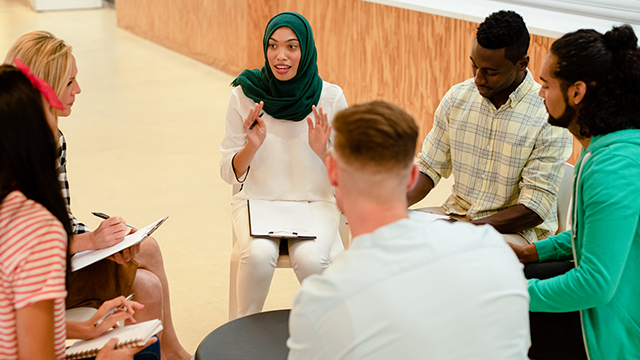Intercultural dialogue is an important concept that embraces the diversity of humanity and enables different societies to communicate with each other. This dialogue paves the way for different cultures to come together and live together on the basis of understanding, tolerance and cooperation. In today’s world, intercultural dialogue and peace-building are becoming increasingly important.
Intercultural dialogue has been a part of human existence throughout history. Intercultural interactions have taken place where different cultures have met, on trade routes, in centers of scientific discoveries and in many other areas. Although these interactions sometimes resulted in conflicts and wars, they were usually peaceful and contributed to the increase of cultural richness.
Today, globalization, advances in communication technologies and the increasing complexity of international relations have increased the importance of intercultural dialogue. Interaction between different cultures is no longer limited to geographical borders, but also takes place in virtual environments. This poses new opportunities and challenges for promoting intercultural understanding and cooperation.
Intercultural dialogue and peacebuilding is not limited to relations between states. It must also take place between individuals, between societies and at the global level. Individuals’ openness to different cultures reduces prejudices and increases tolerance. In relations between societies, intercultural dialogue promotes peaceful solutions and prevents conflicts. At the global level, cooperation and solidarity between different countries is important for global peace.
There are many different methods and strategies for intercultural dialogue and peacebuilding. Emphasizing cultural diversity in educational institutions and developing intercultural communication skills are important steps in this regard. In addition, introducing and understanding different cultures through media and communication tools also contributes to increasing intercultural dialogue.
However, the building of intercultural dialogue and peace should not only take place through concrete steps, but also in the minds and hearts of people. Overcoming prejudices and stereotypes, developing empathy and respect are the foundations of intercultural peace.
In conclusion, intercultural dialogue and peacebuilding is an increasingly important issue in today’s world. In order to increase understanding between different cultures, promote peaceful solutions and ensure global peace, everyone must fulfill their responsibilities.



